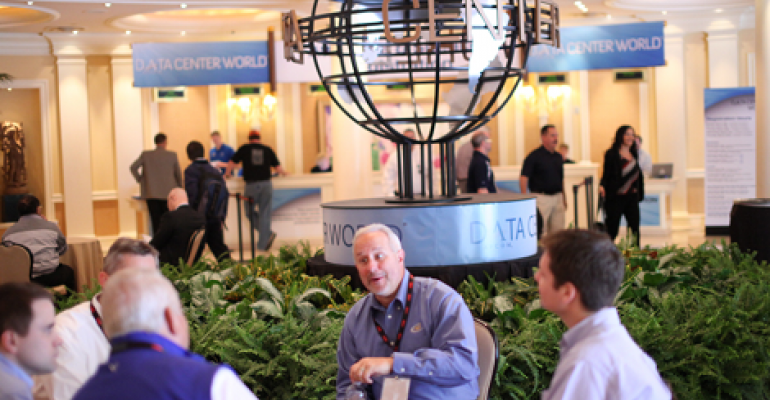The data center lease agreement that defines how IT organizations can make use of a facility is probably the least-understood and underappreciated of legal documents an IT organization is likely to sign.
“The leasing agreement is the main legal document that governs the relationship,” David Orwick, a partner with the law firm Thompson Coburn, said. “IT organizations need to make sure there are real remedies attached to the document.”
Orwick will speak about strategies for negogiating data center lease agreements at the Data Center World conference in National Harbor, Maryland, this September. His plan is to explain why it’s critical that IT organizations not only spell out specifically what happens when service levels are not met, but also, just as importantly, what occurs when the IT organization needs to exit the lease.
Unfortunately, there is not much consistency in how these agreements are typically constructed, he said. It’s usually the owner of the data center that is driving the negotiation.
Given that no two data center facilities are alike, the owner usually has an advantage when it comes to specifying not only terms and conditions, but also exclusions that the IT organization might overlook. This is why IT organizations need to pay extra attention to the wording surrounding each and every term and condition.
It’s also important that IT organizations make sure they have the right team in place to not only negotiate the contract, but also make the IT organization aware of any incentives there might be in any given locality when it comes to deploying applications, he said. After all, some of the benefits a data center operator might be accruing from public funds should be passed on to the customer that agrees to use that data center facility.
All too often IT organizations learn the hard way that SLAs they wind up signing have few if any actual teeth in them. Good legal counsel, Orwick said, is the difference between making sure those agreements have remedies such as credits that actually provide some meaningful compensation to the IT organization in the event the data center operator doesn’t live up to its commitments.
For more information, sign up for Data Center World National Harbor, which will convene in National Harbor, Maryland, on September 20-23, 2015, and attend David’s session titled “Leasing Strategies: Current Trends in Data Center Lease Negotiations.”




